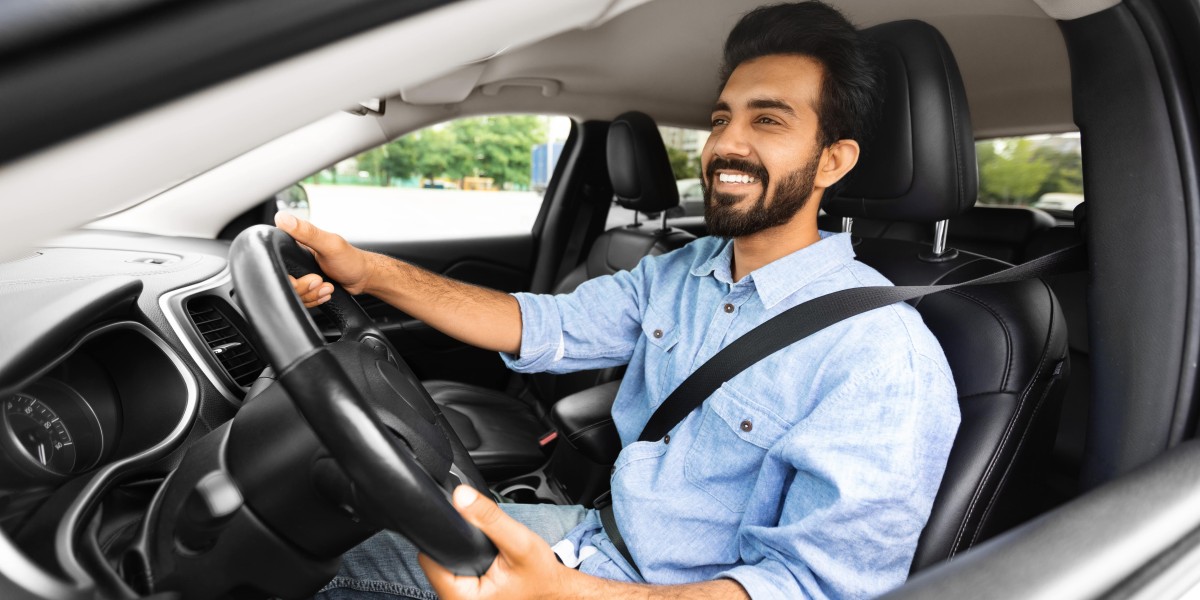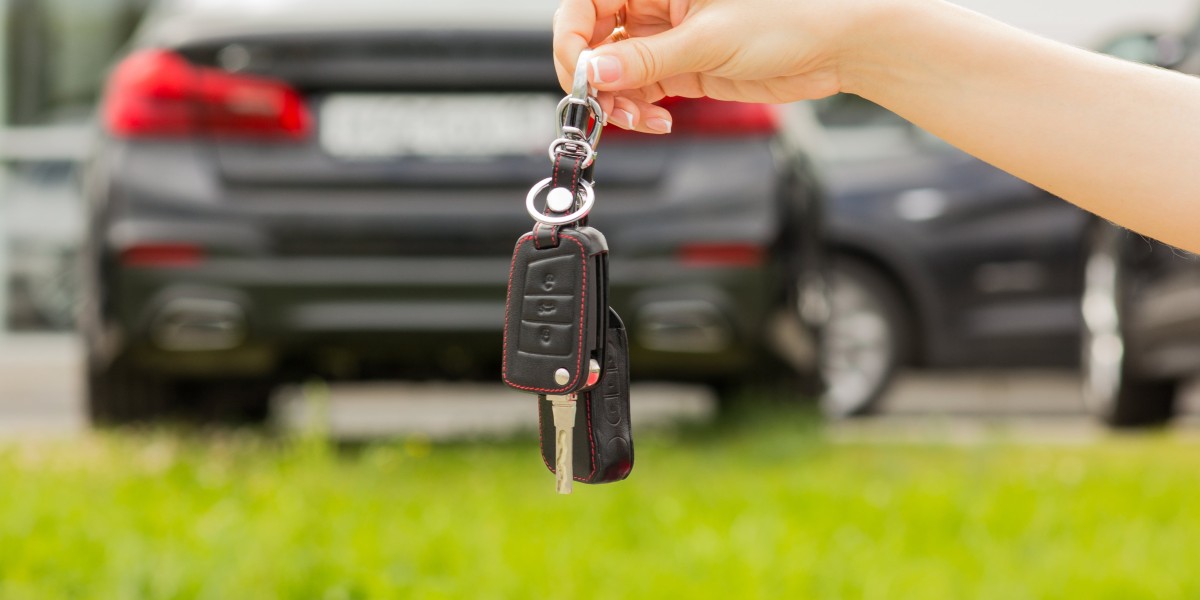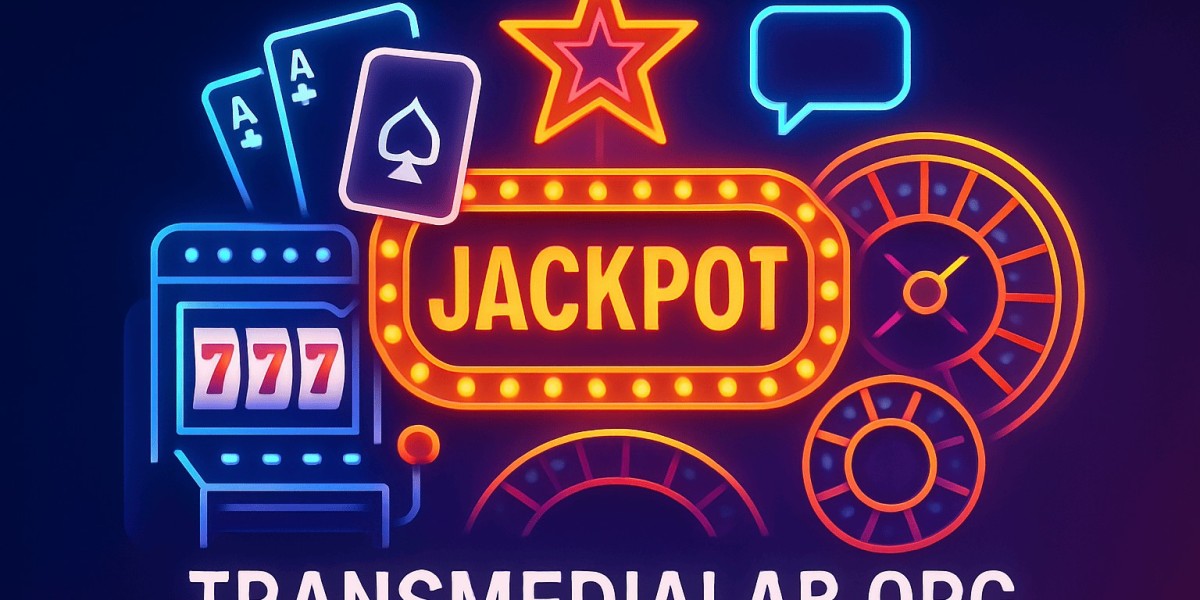
Understanding the Licensing System in the UK: A Comprehensive Guide
The licensing system in the United Kingdom is a complex framework developed to regulate numerous activities, from driving to operating a company. It is essential for people and companies to browse this landscape successfully, as licenses are frequently needed to guarantee security, compliance, and fair practice. This post aims to provide a thorough understanding of the licensing system in the UK, covering numerous kinds of licenses, the application procedure, and frequently asked questions.
Kinds of Licenses in the UK
The UK licensing system includes a large series of licenses, dealing with different sectors and activities. Below are some of the most typical types of licenses:
1. Driving Licenses
- Full UK Driving License: Required for people to legally drive on public roads.
- Provisional License: Allows learners to drive under supervision while preparing for their driving test.
- Taxicab and Private Hire Licenses: Required for drivers of taxis and private hire lorries to ensure they satisfy safety and expert requirements.
2. Company Licenses
- Alcohol and Entertainment Licenses: Required for facilities that offer alcohol or supply home entertainment.
- Food Business Registration: Mandates any company that prepares or offers food to sign up with local authorities.
- Environmental Permits: Needed for services that might affect the environment, such as waste disposal and emissions.
3. Expert Licenses
- Medical Licenses: Necessary for medical specialists to practice and supply healthcare services.
- Solicitor and Barrister Licenses: Required for legal experts to use legal representation.
4. Other Licenses
- Event and Festival Licenses: Required for hosting events that might attract large crowds or pose public safety dangers.
- Drone and Aviation Licenses: Necessary for people or companies utilizing drones for commercial purposes.
The Application Process
Acquiring a license in the UK normally involves a systematic application procedure. While the specifics might vary based upon the kind of license, the following general actions can supply a standard:
1. Identify the Required License:
Identify which license is necessary for the desired activity. This may involve speaking with official resources or regional authorities.
2. Collect Required Documentation:
Prepare all necessary documents, which might consist of recognition, evidence of certifications, or organization details.
3. Send the Application:
Complete the application-- this could be online or by means of postal service-- and send it together with the needed documents.
4. Payment of Fees:
Most licenses feature associated fees, which need to be paid upon application.
5. Wait For Processing and Inspection:
Authorities might examine the application and conduct evaluations where applicable. Processing times can vary extensively.
6. Get the License:
Upon approval, the candidate will get their license, which may stand for a given period, requiring renewal thereafter.
Maintaining Compliance
Licenses frequently come with specific commitments that need to be complied with in order to preserve compliance. Failing to meet these conditions can lead to charges, consisting of fines or revocation of the license. Here are some typical requirements to think about:
Regular Renewals: Most licenses require routine renewal. Keeping track of expiration dates is vital.
Record Keeping: Many licenses necessitate comprehensive records, whether for monetary data, client interactions, or security audits.
Obligatory Training: Certain occupations require continuous professional advancement and training to remain compliant.
Regularly Asked Questions (FAQs)
1. The length of time does it take to get uk License a UK driving license?
The timeframe for acquiring a driving license can vary. For a provisional license, processing generally takes about 3 weeks. A complete license might take several months depending upon the waiting times for driving tests and other factors.
2. What occurs if I drive without a valid license?
Driving without a legitimate license can lead to substantial fines, points on your driving record, and possible criminal charges, which can cause a driving ban or imprisonment in serious cases.
3. Can I apply for numerous licenses concurrently?
Yes, people can request multiple licenses simultaneously; however, each application will be examined individually based upon its requirements and compliance guidelines.
4. Are there any exemptions to licensing requirements?
Certain activities may have exemptions; for circumstances, volunteer drivers may not need a taxi license under particular conditions. It is best to consult regional guidelines or legal advice.
5. What should I do if my license is lost or stolen?
If a license is lost or taken, it ought to be reported to the appropriate authorities at the earliest chance. Applicants can then apply for a replacement through the suitable channels.
Browsing the UK licensing system is essential for anybody wanting to take part in activities that need lawful operation, from driving a vehicle to running an organization. Understanding the different licenses offered, the application processes, and compliance responsibilities can assist individuals and organizations alike in achieving their objectives while sticking to legal requirements. Whether looking for a driving license or an organization authorization, it is fundamental to remain educated about the constant changes in regulations and requirements.







